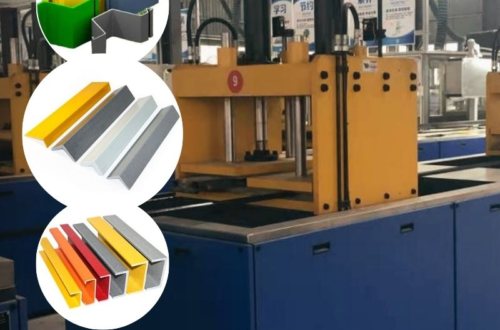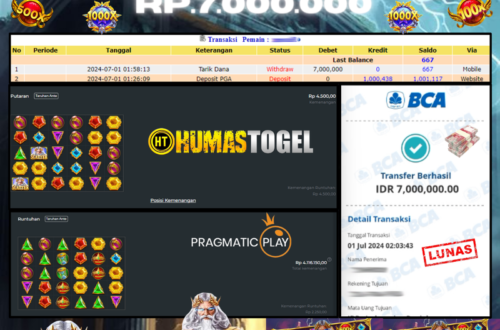Introduction to Forex Brokers
Forex brokers are integral to the functioning of the global forex market, acting as intermediaries between traders and the foreign exchange market. They provide platforms that allow individuals and institutions to trade currencies, facilitating the buying and selling of foreign exchange. Forex brokers offer a wide range of services, including leverage, market analysis tools, and educational resources, making them crucial for anyone looking to enter the forex trading arena. The choice of a forex broker can significantly influence a trader’s experience and success, making it essential to choose one that aligns with individual trading strategies and goals.
Types of Forex Brokers Available
When selecting a forex broker, traders must consider the type of broker they wish to work with. There are two primary types: dealing desk brokers (DD) and no dealing desk brokers (NDD). Dealing desk brokers are market makers, meaning they take the opposite side of a trader’s position, while no dealing desk brokers execute orders directly with liquidity providers, ensuring no conflict of interest. Each type has its pros and cons, and the choice depends on the trader’s needs, such as whether they prefer fixed spreads or variable spreads, execution speed, or order transparency.
Regulation and Trustworthiness of Forex Brokers
A critical aspect of choosing a forex broker is its regulation status. Regulated brokers are licensed by official financial authorities that ensure they meet certain standards of operation and provide a safe environment for traders. These regulations vary from country to country, with notable authorities such as the Financial Conduct Authority (FCA) in the UK, the Commodity Futures Trading Commission (CFTC) in the US, and the Australian Securities and Investments Commission (ASIC). A regulated broker is more likely to adhere to ethical practices, providing transparency and security for its clients.
Trading Platforms and Tools Offered by Forex Brokers
The platform provided by a forex broker is where traders execute their trades, making it a crucial aspect of the overall trading experience. Most forex brokers offer well-known platforms like MetaTrader 4 (MT4) or MetaTrader 5 (MT5), which are popular due to their user-friendly interfaces and extensive charting tools. These platforms allow traders to place orders, analyze market trends, and manage their positions. Additionally, brokers may provide automated trading tools, trading signals, and other resources that enhance trading strategies. A broker’s platform should align with the trader’s preferences in terms of usability and functionality.
Choosing the Right Broker for Your Forex Trading Needs
Ultimately, selecting the right forex broker comes down to understanding individual needs and priorities. Traders should consider factors such as transaction costs, account types, leverage options, customer support, and the broker’s overall reputation. It’s advisable to start with a demo account to test the broker’s platform and service before committing real money. A reputable and reliable broker should offer transparency, excellent customer service, and a variety of tools and resources to help traders succeed. Singapore forex trading



